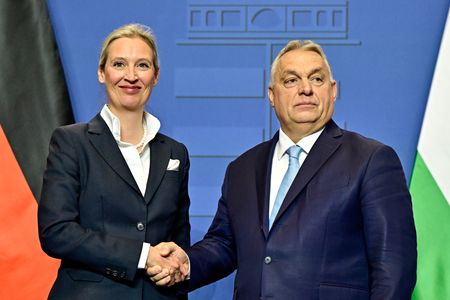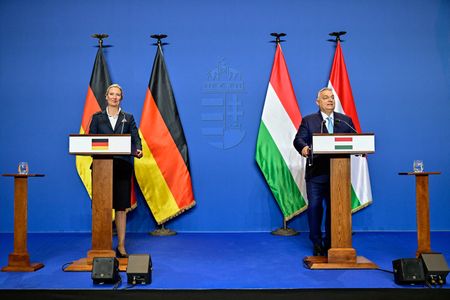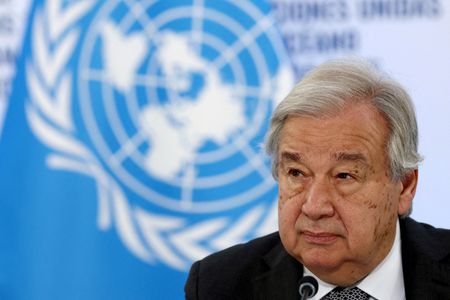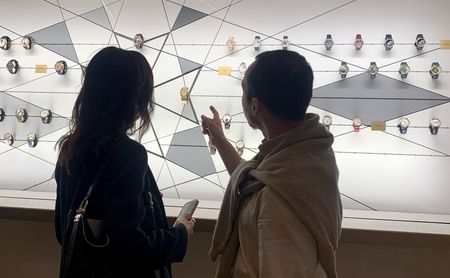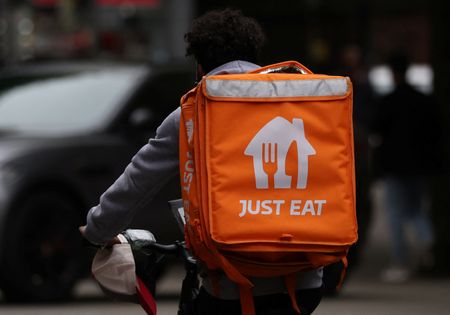By Krisztina Than and Thomas Escritt
BUDAPEST (Reuters) -Prime Minister Viktor Orban hailed the leader of Germany’s far-right Alternative for Germany (AfD) party as an ally who could help “lift the boot” of Brussels from Hungary’s chest, welcoming her less than two weeks before a German election.
Alice Weidel, leader of the Alternative for Germany, in turn praised Hungary, which imports Russian gas, for “sensible” energy policies, and lauded Orban’s anti-immigration stance and opposition to arming Ukraine.
The visit is a watershed moment for the 11-year-old AfD, which is running second in the polls after the conservatives, with a February 23 national vote looming. Until now, the party has been shunned by European leaders, with even fellow far-right leaders like France’s Marine Le Pen keeping a cautious distance.
“I was cautious with the AfD,” said Orban, explaining that he hadn’t wanted to risk poisoning ties with German governments. “But that’s changing, and it’s quite clear that the AfD is the future.”
The AfD has about 20% support in polls but is unlikely to govern after the next election: all parties have pledged not to work with a party that Germany’s own security services monitor says is a potential extremist threat.
But the invitation to Weidel, coming soon after another ideological ally Donald Trump returned to the White House as U.S. president, underscores how the party is no longer friendless abroad.
Weidel and Orban echoed each other’s language on several key issues, including their opposition to arming Ukraine for its defence against Russian invasion as support for “peace,” while Orban said the AfD would one day help free Hungary from Germany’s and Brussels’ demands that it take in migrants.
“There were two boots on our chest until now: the Brussels progressives, and the American liberal administration,” Orban said. “One has been lifted.”
But there were deep differences, too.
Weidel said she backed economic “freedom” in the form of lower taxes and a small state, at odds with Orban’s more interventionist economic model.
And Weidel, who raises two children with her wife, said family life was a personal matter where the state does not belong, a position at odds with Orban’s view that marriage must be between a man and a woman.
(Reporting by Krisztina Than and Thomas Escritt in Berlin; Editing by Alison Williams and Bernadette Baum)

